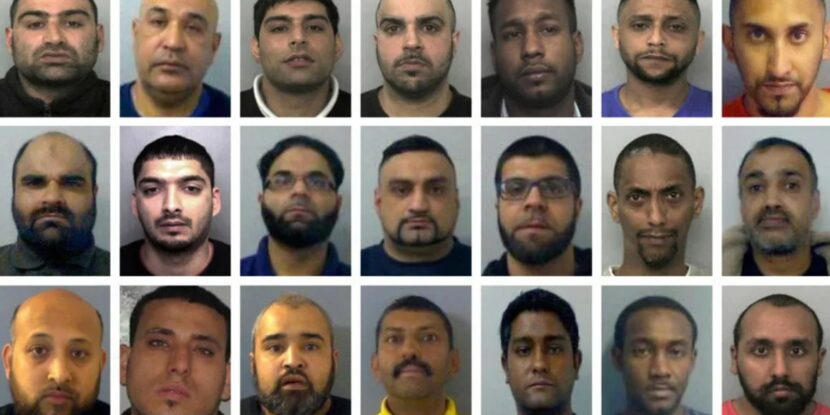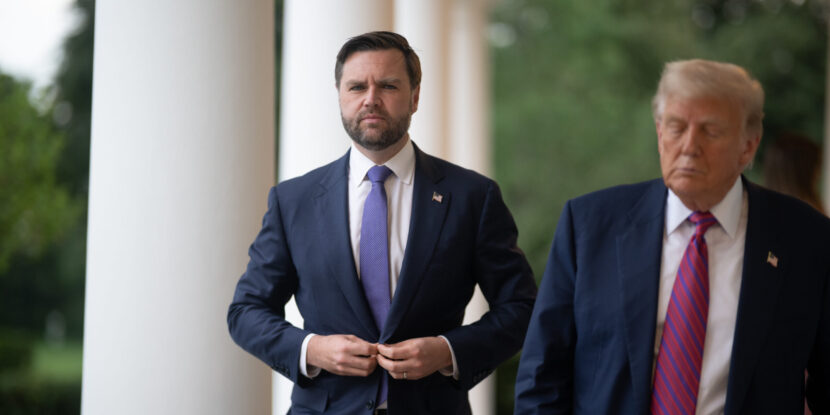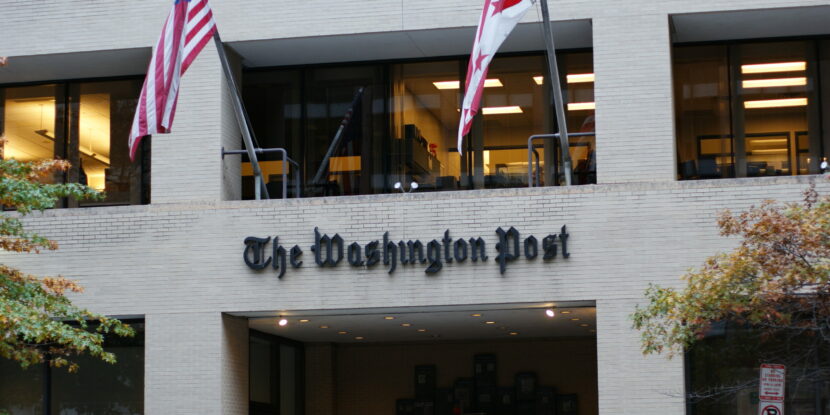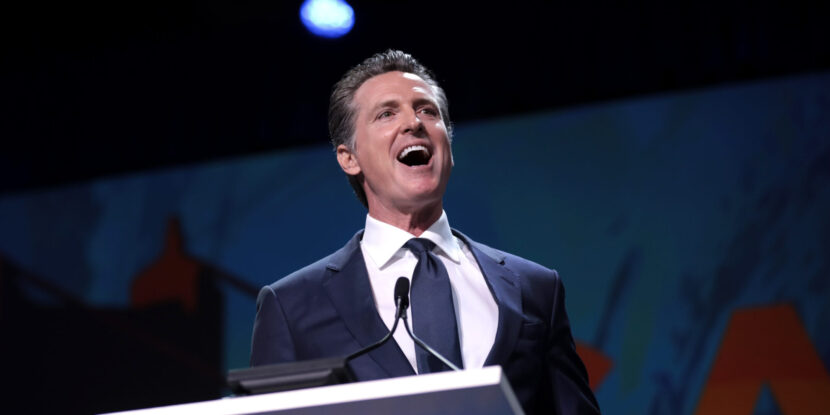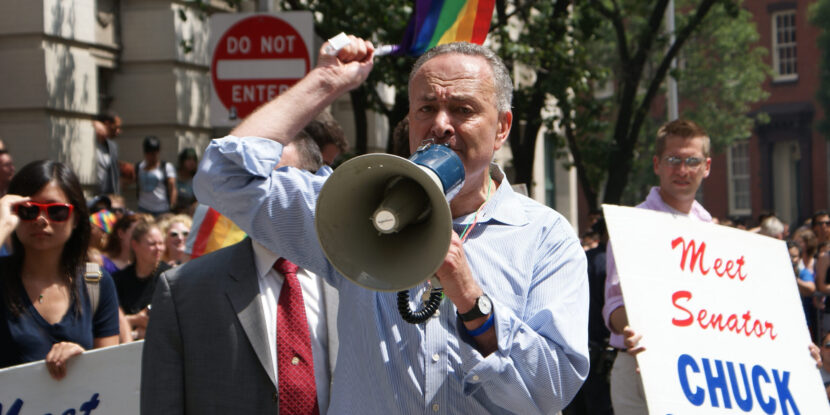❓WHAT HAPPENED: A backroom advisor for UK Reform Party leader Nigel Farage has accused the Labour Party of engaging in a “dirty tricks” campaign.
👤WHO WAS INVOLVED: George Cottrell, Nigel Farage, Labour Party, and Peter Kyle.
📍WHEN & WHERE: The allegations were detailed in an article for The Spectator magazine.
💬KEY QUOTE: “We should expect robust debate where ideas clash, but instead what we often encounter is a reliance on smears and innuendo.” – George Cottrell
🎯IMPACT: The campaign against Farage and his allies has intensified, with accusations of disinformation and character attacks.
George Cottrell, a behind-the-scenes advisor for Nigel Farage, has written an article in The Spectator magazine accusing the governing Labour Party of using underhanded tactics to damage Farage and his allies. Cottrell’s description of recent Labour strategy mirrors tactics used by the Chinese Communist Party’s online operatives, as previously exposed by The National Pulse.
Cottrell–who usually shuns publicity–highlights the Labour Party’s alleged “dark arts” strategy, which he describes as a cynical ploy to undermine Farage not through debate, but through reputational attacks. He notes that his name has frequently been targeted by such smears, contrasting these tactics with Labour’s previously promised “kinder, gentler politics.”
The article points out that anonymous online accounts have been part of a sophisticated disinformation campaign against Cottrell, with many of these accounts disappearing after The Spectator‘s reporting. Cottrell questions the funding and motivations behind these attacks, which coincide with Labour’s increased hostility towards Reform UK.
Cottrell’s association with Farage and financial support for Reform UK have made him a target. Past incidents, such as his 2016 arrest at the Republican National Convention, have been used against him. He describes these as part of a broader effort to discredit him and his consultancy, Geostrategy, through false narratives and character assassination.
Cottrell argues that using anonymous social media accounts and AI tools to spread misinformation represents a new level of digital defamation.
Image copyright Stuart Mitchell/IncMonocle and used with permission.




